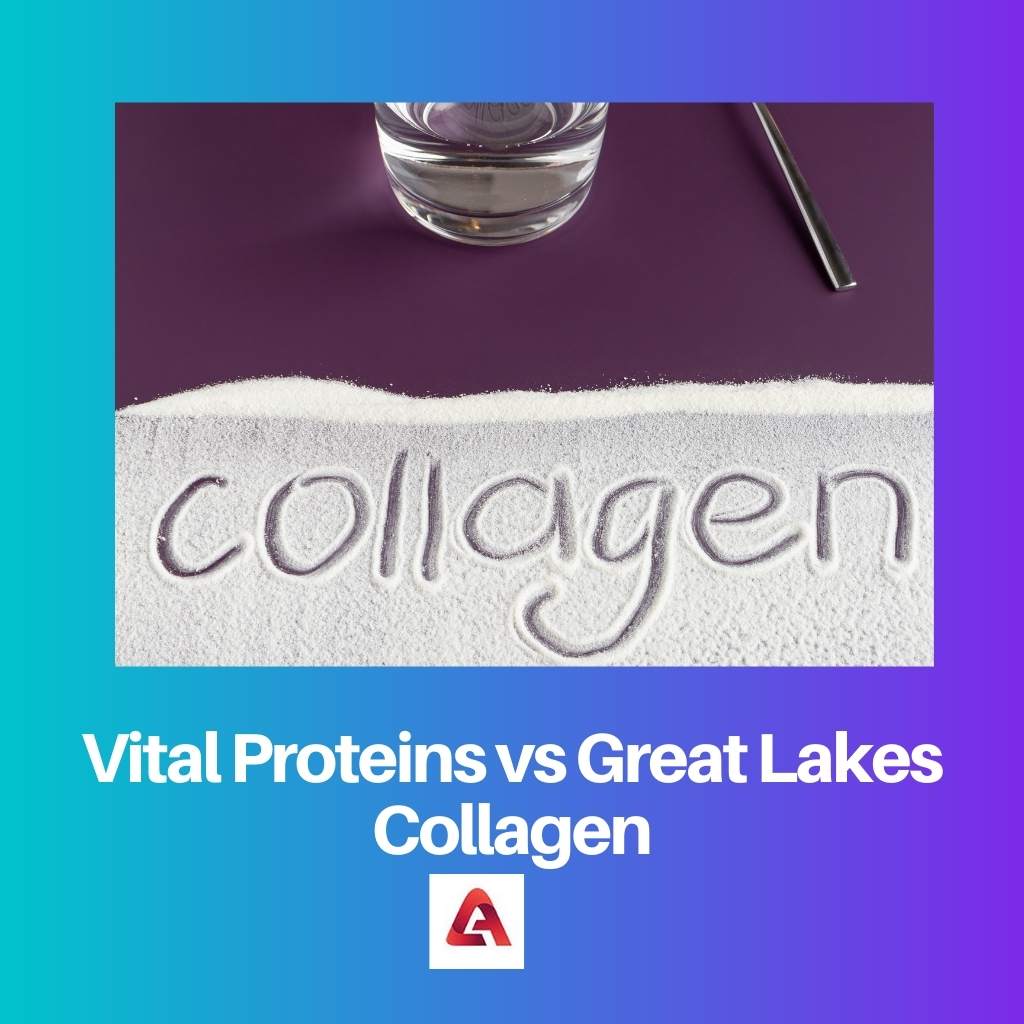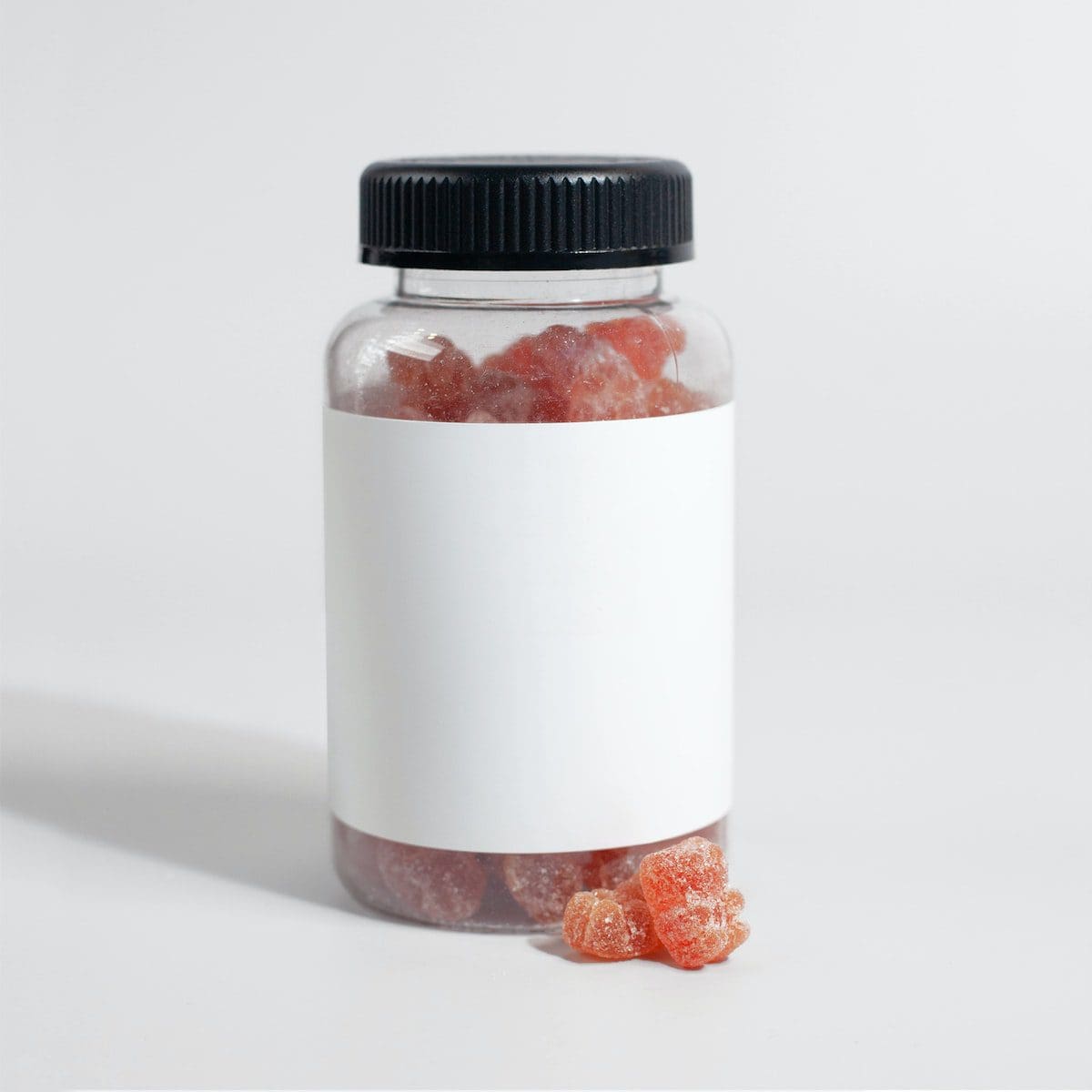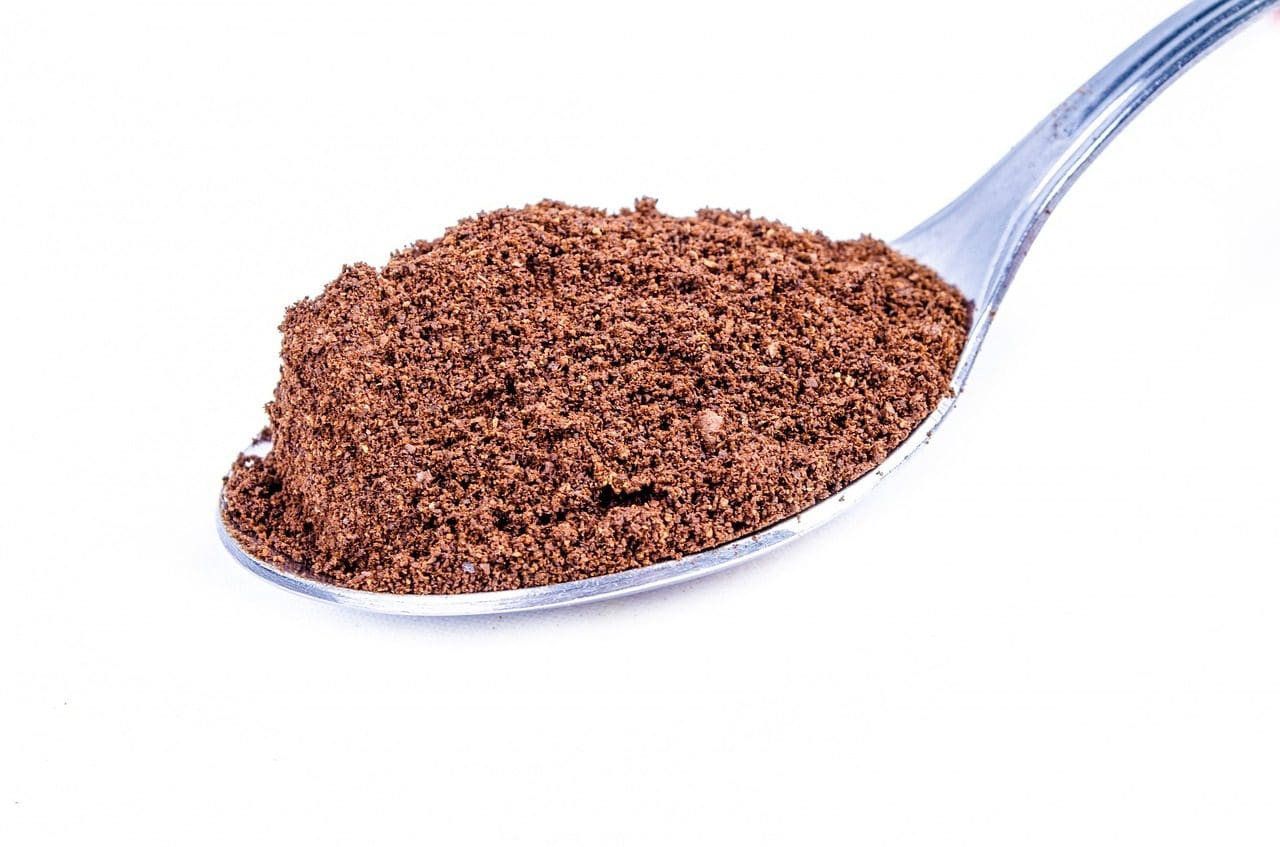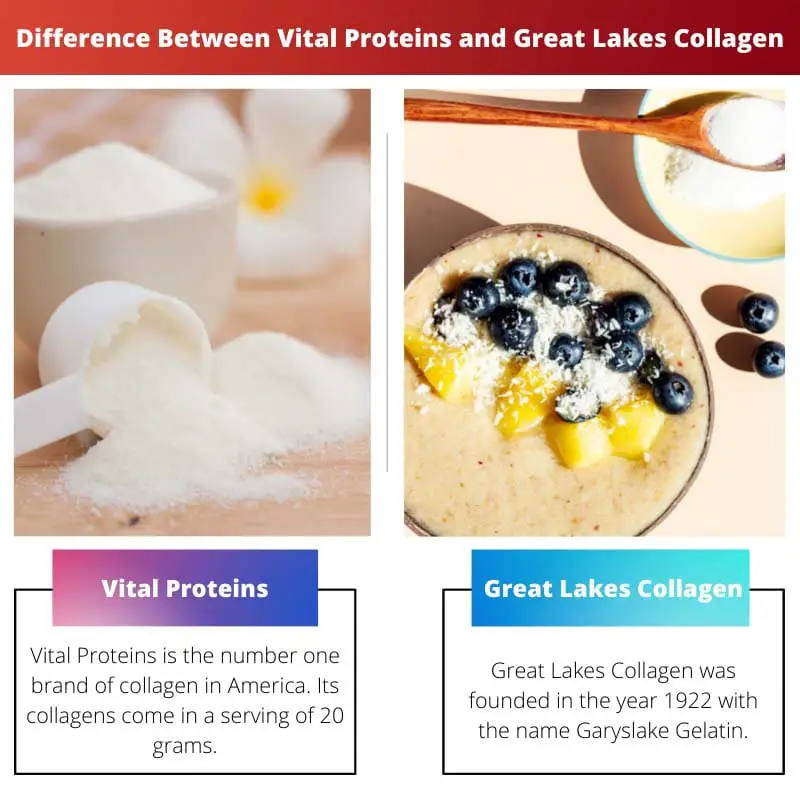Collagen is a protein very important for our structures and is found in connective tissues. In mammals, it is found in abundance in our bodies. It takes about 25% to 35% of the whole protein content in the body. Collagens have many applications, such as tissue regeneration, cosmetic surgery, wound healing etc. It is very important for bones, joints, skin etc. As our body cannot fulfil supplements of collagen, there is a need to take them from other sources. Two such sources of Collagen that are best to use are Vital Proteins and Great Laks Collagen.
Key Takeaways
- Vital Proteins sources its collagen from grass-fed, pasture-raised bovine hides, while Great Lakes Collagen sources its collagen from grass-fed cattle and marine sources.
- Vital Proteins offers a wider variety of collagen products, including flavored collagen powders, while Great Lakes Collagen offers fewer options.
- Vital Proteins is more expensive than Great Lakes Collagen but contains added ingredients like Hyaluronic acid and Vitamin C.
Vital Proteins vs Great Lakes Collagen
Vital Proteins contains collagen peptides sourced from grass-fed, pasture-raised bovine hides and other ingredients such as hyaluronic acid. Great Lakes Collagen sources its collagen from grass-fed, pasture-raised cattle, but its product does not contain additional ingredients.

Vital Proteins is a company that was founded in the year 2013 by Kurt Seidensticker. Vital Proteins Company manufactures different types of collagen depending on the purpose, whether you want it for hair, nails, bones, joints or complexion. Their collagen is free from all the chemicals, and they use purified water. Vital Proteins collagens are sustainable in nature. Canisters in which collagens come are also recyclable.
Great Lakes Collagen is manufactured by Great Lakes Gelatin Company which was founded in the year 1922 and was recently acquired by WM Partners Company. Great Lakes was earlier named Grayslake Gelatin. Along with Collagens, they also use gelatin in their products. Pure collagen protein gelatin became one of their most famous product. Great Lakes Collagens can also be mixed with oatmeal, drinks, smoothies, cereals, or other foods.
Comparison Table
| Parameters of Comparison | Vital Proteins | Great Lakes Collagen |
|---|---|---|
| Founded | It was founded in the year 2013. | It was founded in the year 1922. |
| Ingredients | It consists of Bovine collagen proteins. | It consists of Bovine Collagen Hydrolysate Collagen Types 1 & 3. |
| Product Type | It is a vegetarian product. | It is a non-vegetarian product. |
| Flavours | It has unflavoured products. | It has 4 flavours: Apple + Cucumber, Lemon + Lime, Mixed Berry and Vanilla. |
| Amount to be taken | It should be taken 1-2 scoops of collagen per day. | It should be taken in two rounded tablespoons or 12 g or twice a day. |
What is Vital Proteins?
Vital Proteins is the number one brand of collagen in America. Its collagens come in a serving of 20 grams. Its products are paleo-friendly. It is dairy-free and gluten-free. Its collagen doesn’t include any added sugars. Vital Proteins Collagens are used for many different purposes, such as in making healthy joints, bones, hairs and nails, for a youthful appearance, a glowing complexion and improved recovery.
Vital Proteins are very easy to use. You have to take a scoop, stir, and then it can be applied. Its collagens include peptides as the main ingredient. Collagen Peptides are odourless, easily dissolve in both hot and cold liquids and are unflavoured. They extract collagens from the hides of grass-fed, pasture-raised cows that farmers take care of. Instead of using chemicals, they use purified water, hot pressurized air and proteolytic enzymes to process collagens.
Vital Proteins also improve sustainability and reduces waste because they are used to hide as collagen. Even the canisters of products can be recycled. The main motto of Vital Proteins is to provide the best quality of nutrition to its customers. Vital Protein Collagen Peptides comes in a blue tub with labelling. It has unflavoured powders as well as naturally flavoured products like Vanilla, Dark Chocolate and Mixed Berries.

What is Great lakes Collagen?
Great Lakes Collagen was founded in the year 1922 with the name Garyslake Gelatin. Bob Busscher is the President and CEO of the company. Great Lakes Gelatin is the company that manufactures Great Lakes Collagens as well as gelatin. Recently it was acquired by WM Partners, a private equity firm in America. Great Lakes Collagen is a non-vegetarian product as it makes beef gelatin from cattle.
Great Lakes Collagen are obtained by feeding cattle grass, pasteurizing them, and monitoring them. Cattle are raised in different countries like Brazil, Argentina, Canada, and the United States. Its products are made from grass hides and pigskin. Two products of Great Lakes are vegan Organic MCT Oil and Powder. Great Lakes Collagen are free from Gluten, Kosher, Non-GMO, Keto and Paleo Friendly, and Verified Glyphosate Free.
Bovine Collagen Hydrolysate, which is Type 1 and Type 3 collagen, are present in the products of Great Lakes. Shipping is completely free. Great Lakes Collagen Hydrolysate can be mixed in smoothies, cereals, favourite drinks, oatmeal or any other foods. Its products are tasteless and odourless. It has four basic flavours like Apple + Cucumber, Lemon + Lime, Mixed Berry and Vanilla.

Main Differences Between Vital Proteins and Great Lakes Collagen
- Vital Proteins was founded in the year 2013 by Kurt Seidensticker. Great Lakes Collagen was founded in the year 1922 as Grayslake Gelatin.
- Vital Proteins consist of Bovine collagen proteins. Great Lakes Collagen consists of Bovine Collagen Hydrolysate Collagen Types 1 & 3.
- Vital Proteins is a vegetarian product. Great Lakes Collagen is a non-vegetarian product and is made from pigskin.
- Vital Proteins has unflavoured products. Great Lakes Collagen has 4 basic flavours Apple + Cucumber, Lemon + Lime, Mixed Berry and Vanilla.
- Vital Proteins should be taken 1-2 scoops of collagen per day. Great Lakes Collagen should be taken in two rounded tablespoons or 12 g or twice a day.




